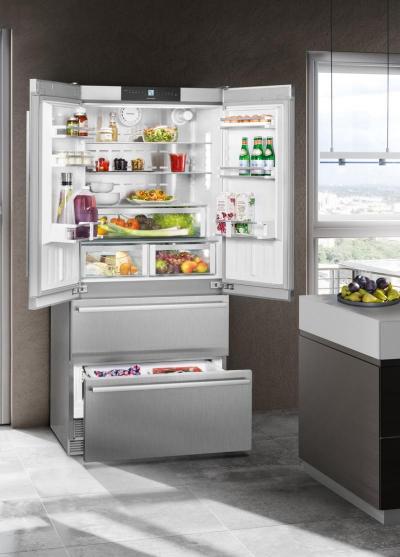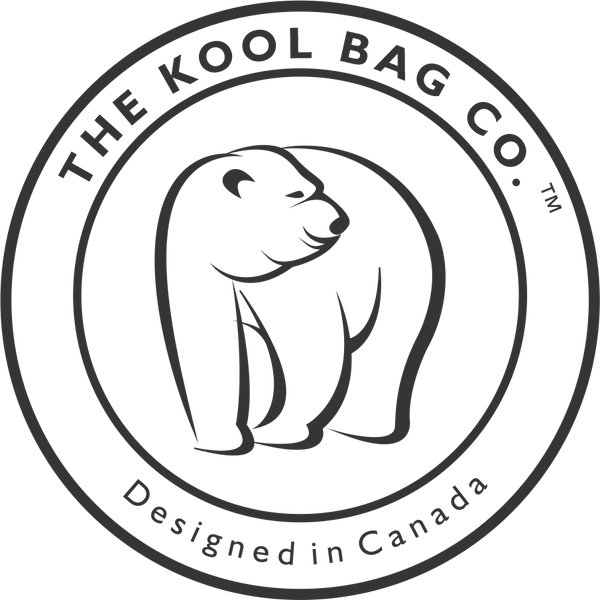
Why Cleaning Your Fridge and Freezer is Essential for Your Health and Safety
Share
Why Cleaning Your Fridge and Freezer Regularly is Essential for Your Health and Safety
Your fridge and freezer play a crucial role in keeping food fresh, preventing spoilage, and maintaining a safe environment for the meals that you and your family enjoy. But just like any appliance, they need regular cleaning and maintenance to ensure they’re functioning optimally. Many people underestimate the importance of keeping these appliances clean, but regular upkeep can prevent potential hazards and keep your food safe. In this blog, we’ll explain why it’s essential to clean out your fridge and freezer regularly, how and how often to do it, and the dangers of neglecting this important task.
Why Regular Cleaning Matters
- Prevent Cross-Contamination Fridges and freezers are designed to store raw meats, dairy, fruits, vegetables, and leftovers—foods that can easily spoil or contaminate other items if not properly stored or cleaned. Spills from meat packages, expired food, or spoiled leftovers can lead to bacteria growth. Common foodborne pathogens like Salmonella, E. coli, and Listeria thrive in moist, dirty environments, making it crucial to keep your fridge and freezer spotless to prevent contamination.
- Odor Control A smelly fridge or freezer isn’t just unpleasant, it can also indicate the presence of decaying food or mold. Leftover food scraps, expired items, or spills that aren't cleaned up properly can release strong, unpleasant odors, making your kitchen smell bad and even affecting the taste of your food. Regularly cleaning out your fridge and freezer will help keep these odors in check and create a more pleasant cooking and eating environment.
- Prevent Ice Build-Up and Malfunctions Freezers, in particular, can develop ice build-up if food containers are not sealed tightly or if spills go unnoticed. This build-up can interfere with the freezer’s ability to maintain a proper temperature, leading to higher energy bills and even mechanical failure if left unchecked. By regularly cleaning your freezer, you ensure it runs efficiently and maintains the proper temperature, which is essential for keeping frozen foods safe.
- Maximize Efficiency and Save Energy A dirty fridge or freezer can affect its performance. For instance, if the condenser coils are coated with dust or grime, the appliance has to work harder to maintain a consistent temperature. Cleaning these coils, along with removing old food and crumbs, helps the unit operate more efficiently, which can lead to energy savings and potentially extend the lifespan of your appliance.
- Health and Safety Old or expired food can pose health risks, particularly in a fridge or freezer that hasn’t been cleaned in a while. Mold, bacteria, and other pathogens can grow on spoiled food, which could lead to food poisoning or even more serious illnesses if consumed. Regular cleaning ensures that old food is removed before it becomes a hazard, reducing the chances of accidental contamination.
How to Clean Your Fridge and Freezer
- Empty Everything Out Start by removing all food from the fridge and freezer. As you go, check the expiration dates and toss out anything that’s no longer safe to eat. This is the perfect time to take stock of what’s in there, reorganize, and avoid keeping items you don’t need.
- Defrost the Freezer If you notice significant ice build-up in your freezer, it’s time to defrost it. This can take several hours, so plan ahead. Remove all frozen items, and let the ice melt naturally. You can speed up the process by placing bowls of hot water inside the freezer to help break down the ice.
- Clean Shelves and Drawers Wash the shelves, drawers, and other removable parts with warm soapy water. Use a mild dish detergent and a soft cloth or sponge. For tougher stains, consider using a mixture of baking soda and water (about 1 tablespoon of baking soda per quart of water). Baking soda is an excellent natural cleaner that can neutralize odors and break down stubborn grease and grime.
- Wipe Down the Interior Using a cloth or sponge, wipe down all the interior surfaces of your fridge and freezer. Pay special attention to corners, crevices, and seals around the door, which can accumulate grime over time. If you notice any mold growth, you can use a vinegar solution (equal parts vinegar and water) to clean it.
- Clean the Coils (Fridge Only) The condenser coils at the back or underneath the fridge can gather dust and dirt, reducing the fridge’s efficiency. Unplug the fridge, and gently clean the coils using a vacuum cleaner or a coil brush. Be sure to do this periodically to keep your appliance running smoothly.
- Sanitize and Deodorize Once everything is clean, you may want to sanitize the interior with a disinfectant safe for food surfaces, especially if there have been spills or contamination. Afterward, you can place a box of baking soda or a commercial deodorizer inside to keep odors at bay.
How Often Should You Clean Your Fridge and Freezer?
- Fridge: Ideally, you should clean your fridge every 3-4 months. However, you should be checking for expired items and cleaning up spills as they occur. If you store raw meats, fish, or poultry, it’s essential to check your fridge more frequently for any potential spills that could lead to cross-contamination.
- Freezer: The freezer should be cleaned every 6 months, though this depends on how often you use it. If your freezer accumulates ice build-up or if you notice unpleasant odors, it’s a good idea to clean it out sooner. Keeping it defrosted and organized will also help prevent frostbite on frozen foods and make it easier to find what you need.
Conclusion
Cleaning your fridge and freezer isn’t just a matter of aesthetics—it’s essential for maintaining a healthy, safe, and efficient kitchen. By regularly removing expired food, wiping down surfaces, and checking for ice build-up or spills, you ensure that your food remains fresh, your appliances run efficiently, and your kitchen stays odor-free. Taking the time to clean out your fridge and freezer every few months is a simple yet highly effective way to protect your family’s health, save money, and extend the lifespan of your appliances. So, roll up your sleeves and tackle that fridge—your food (and your stomach) will thank you!



